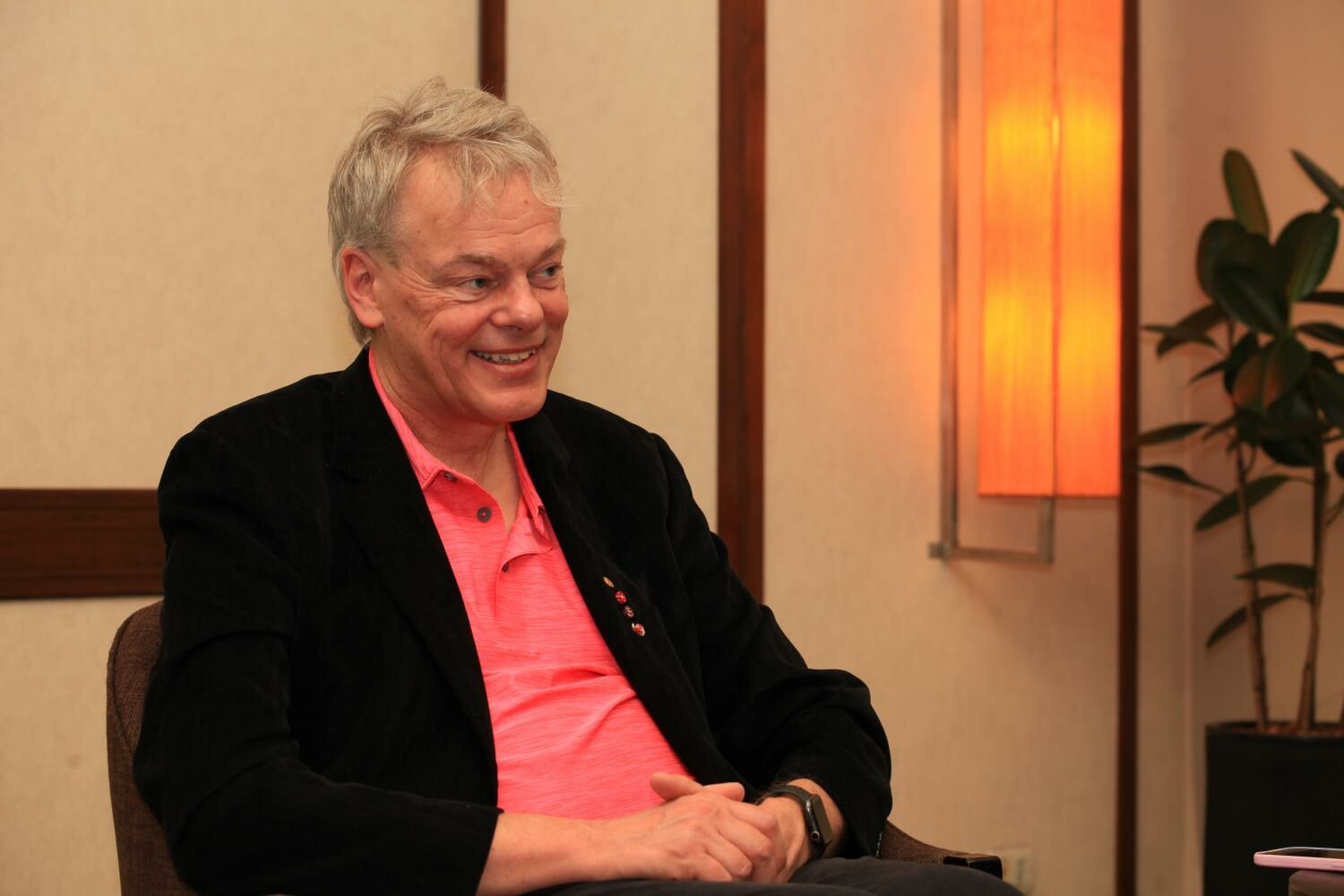Brain cell communication research key to Alzheimer’s treatment

Research into brain cell communication is seen as crucial in finding a treatment for brain-related diseases like Alzheimer’s, according to Nobel Laureate in Medicine, Professor Edvard Ingjald Moser. This research, he says, is particularly relevant given the global ageing populations and the need to enhance their quality of life.
Speaking at the Japan-ASEAN Bridges event series in Bangkok, Prof. Moser highlighted his research into understanding the normal functions of the brain, stating that this lays a crucial foundation for treatments and insights into various diseases. He emphasised the importance of understanding diseases like Alzheimer’s, including their origins, mechanisms and the cellular processes involved.
“With this kind of knowledge, treatments can be devised. It represents a significant step towards finding a treatment not only for Alzheimer’s but also for other conditions.”
The Nobel Laureate noted that the landscape of diseases is changing with ageing populations having more chances of developing neurodegenerative diseases like Alzheimer’s or Parkinson’s disease. He highlighted the escalating risk of these diseases with age, surpassing 20% among individuals aged 80 and above.
“I’m unsure about the proper treatment methods. Research remains the only avenue to address these diseases effectively. We must strive to comprehend the brain’s workings and the triggers of these diseases. Understanding the normal brain function is key. Research on the brain is our sole path towards discovering treatments, which will come in due time. It’s merely a matter of when.”
Prof. Moser also underscored the importance of studying neuron populations where hundreds or thousands of brain cells work together. He believes that understanding how these cells communicate and interact can be achieved by monitoring the electrical activity of thousands of cells simultaneously.
He believes we’re entering a new era where we’ll witness the coordinated efforts of vast numbers of cells working together to generate normal brain functions as well as dysfunctions such as Alzheimer’s and other diseases.
Pioneering research
Prof. Moser, who was awarded the Nobel Prize in Medicine in 2014 for his groundbreaking research on how the brain computes spatial location and memory, pointed out that his future work will focus on studying big populations of brain cells.
His work, which included the discovery of grid cells in the entorhinal cortex, is seen as crucial for understanding memory loss and finding new ways to treat Alzheimer’s. He credited his achievements to the unwavering support of his family and colleagues, stating that the Nobel Prize is a collective effort rather than an individual accomplishment.
“It’s all about teamwork. Leading a team of brilliant individuals from around the globe, we collaborate to tackle the challenges of understanding the brain.”
Latest Thailand News
Follow The Thaiger on Google News:


























